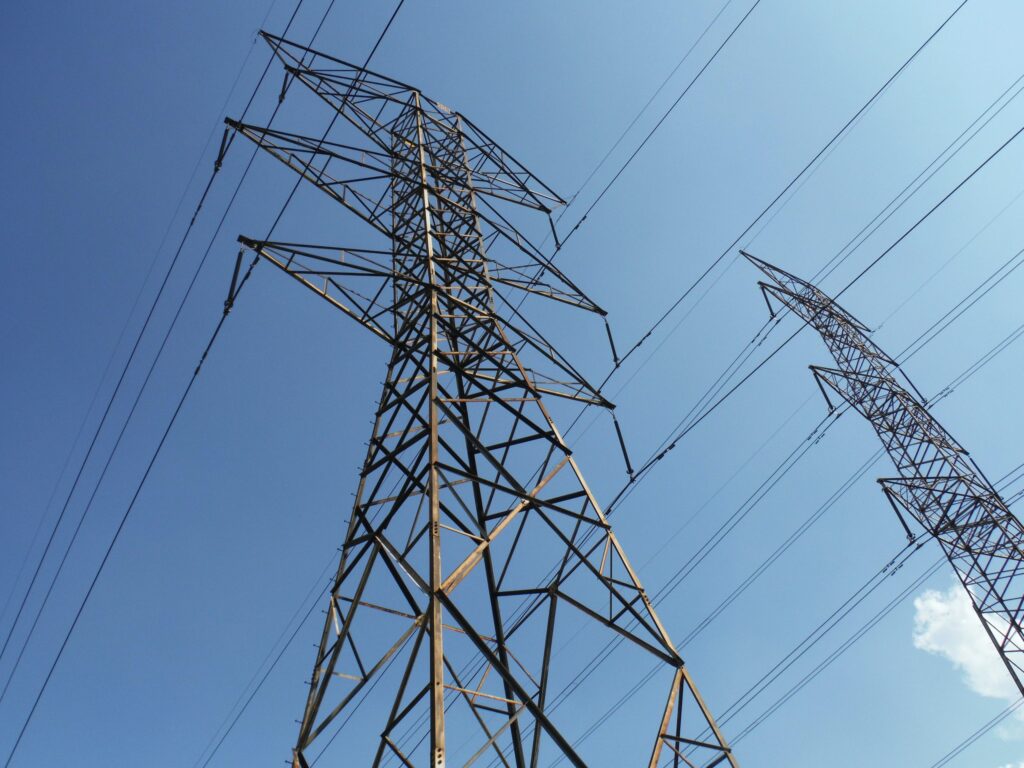
Electricity is one of the most essential forms of energy in the modern world. It powers homes, businesses, transportation and technology, shaping nearly every aspect of daily life. Although electricity is all around us, many people still wonder what it really is and how it works. This guide explains the basics of electricity, its sources and its importance in today’s society.
What Is Electricity
Electricity is the movement of tiny charged particles called electrons. These electrons flow through a conductor such as copper wires, creating electrical energy. This energy can then be used to light bulbs, run appliances, charge devices and operate machines.
There are two main types of electricity. Static electricity occurs when charges build up on an object. Current electricity is the continuous flow of electrons and is the type that powers electrical systems.
How Electricity Is Generated
Electricity does not appear on its own. It must be generated using different energy sources. Power plants convert various forms of energy into electrical power through generators. The most common sources include:
Fossil Fuels
Coal, natural gas and oil are burned to produce steam that turns turbines connected to generators.
Renewable Energy
Solar, wind, hydro and geothermal sources generate electricity without depleting natural resources.
Nuclear Energy
Nuclear reactions produce heat that creates steam used to spin turbines.
Each energy source has advantages and challenges. Renewables are clean but depend on weather. Fossil fuels are reliable but contribute to pollution. Nuclear power is efficient but requires strict safety measures.
How Electricity Reaches Your Home
Once electricity is generated, it travels through a network of transmission lines. High voltage lines carry electricity long distances. Transformers reduce the voltage so it can safely enter homes and buildings. From there, electrical circuits distribute power to outlets, switches and appliances.
Every time you turn on a light, plug in a charger or run a refrigerator, you are using this complex system that delivers electricity instantly and reliably.
Why Electricity Is Important
Electricity supports almost every function of modern society. Some of its major roles include:
- Powering household appliances and electronics
- Running factories and machines that produce goods
- Enabling communication through phones, computers and the internet
- Supporting hospitals and medical equipment
- Illuminating streets and cities for safety
Without electricity, many conveniences and essential services would come to a halt.
Electricity and Safety
Electricity is extremely useful, but it can also be dangerous if not handled properly. To stay safe, follow these precautions:
Avoid Damaged Cords
Do not use appliances with frayed wires or exposed metal.
Keep Water Away
Electricity and water are a deadly combination. Never touch electrical devices with wet hands.
Use Proper Outlets
Avoid overloading sockets with too many devices.
Call a Professional
If you notice electrical issues at home, contact a qualified electrician.
The Future of Electricity
The world is shifting toward cleaner and smarter electrical systems. Renewable energy is growing rapidly, and modern technologies such as smart grids and electric vehicles are transforming the energy landscape. As reliance on electricity increases, innovation will continue to shape a more efficient and sustainable future.
Conclusion
Electricity powers the modern world and is essential for daily life. Understanding how it works and how to use it safely helps individuals appreciate this powerful form of energy. As technology advances, electricity will remain at the heart of progress and innovation.






